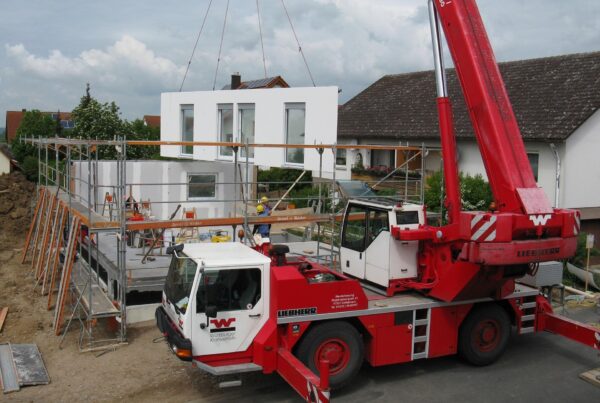Why Permits Matter
Owner-builders must comply with local council and state regulations to ensure safety, zoning compliance, and legal validity of their project. Skipping permits can lead to fines, forced demolition, or issues when selling the property.
Key Permits & Approvals by State
| State | Development Approval (DA) Required? | Construction Permit Threshold | Special Requirements |
|---|---|---|---|
| NSW | Yes (if structural changes) | >$20,000 work value | Owner-Builder Permit (from Fair Trading) + PCA certification |
| VIC | Yes (via council or VBA) | >$16,000 work value | Building Permit + Owner-Builder Certificate (VBA) |
| QLD | Yes (council or private certifier) | >$11,000 work value | QBCC notification + Form 42 Owner-Builder Permit |
| WA | Yes (council or permit authority) | >$20,000 work value | Building Permit + possible BA18 (Owner-Builder Declaration) |
| SA | Yes (council or private certifier) | >$12,000 work value | Development Approval + Owner-Builder Consent (if over $12k) |
| TAS | Yes (via council) | >$5,000 work value | Owner-Builder Permit (if over $5k) + plumbing/electricity permits |
| ACT | Yes (via ACT Planning) | >$12,000 work value | Owner-Builder Approval + Construction Compliance Certificate |
| NT | Yes (via council) | >$12,000 work value | Building Permit + possible additional trade permits |
Common Approvals Needed (Regardless of State)
Development Application (DA) – For structural changes, zoning compliance.
Construction Certificate (CC) – Ensures plans meet building codes.
Occupancy Certificate (OC) – Required before moving in.
Trade-Specific Permits (e.g., plumbing, electrical, demolition).
State-Specific Nuances
NSW: Requires Principal Certifying Authority (PCA) to oversee inspections.
VIC: VBA (Victorian Building Authority) oversees permits.
QLD: Private certifiers handle most approvals (faster than council).
TAS: Lowest permit threshold ($5k), but fewer insurance rules.







